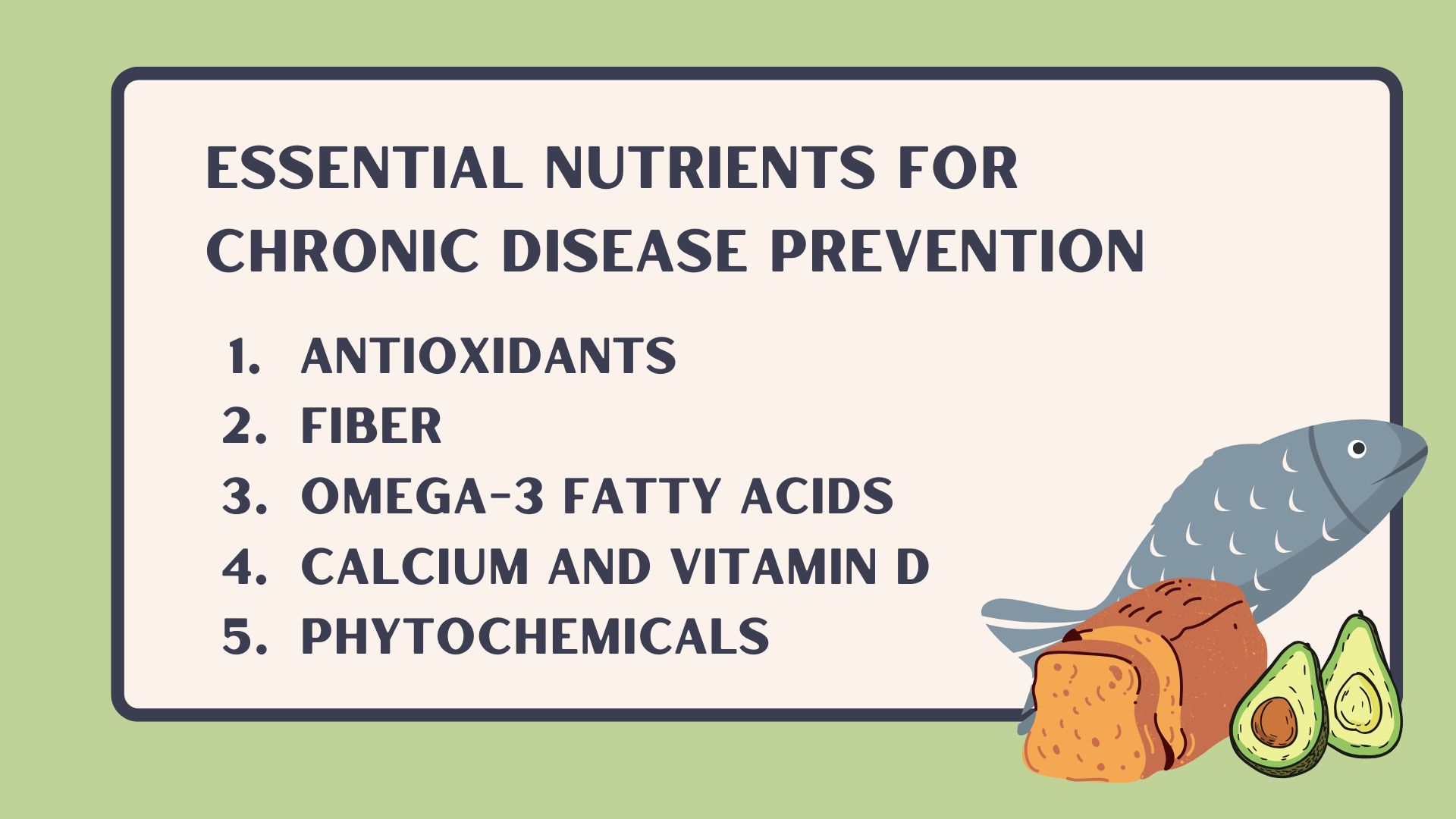Foods to Avoid That Fuel Chronic Diseases

Food is fundamental to human survival, driven by biological, psychological, and social needs. While we eat whole foods, it’s the nutrients within that fuel our cells. Imbalances, whether excesses or deficiencies, can disrupt cellular function and lead to chronic diseases. Despite increased medical understanding of nutrition’s role in health, misinformation from fad diets and social media is a growing problem.
To deal with this, we must return to basic nutritional principles. Simple dietary and beverage changes can significantly improve well-being, prevent chronic conditions like obesity, hypertension, and diabetes, and protect vital organs, ultimately promoting longevity.
Importance of Nutritional Balance
Maintaining nutritional balance is key to preventing chronic diseases. Our bodies require a variety of nutrients for optimal function. These nutrients fall into three main categories- macronutrients (carbohydrates, fats, proteins), micronutrients (vitamins, minerals, and phytonutrients), and water.
Macronutrients provide energy, with carbohydrates and proteins yielding 4 kcal/g, and fats 9 kcal/g. While alcohol provides 7 kcal/g, it’s not a nutrient. Micronutrients are essential for growth, development, and metabolism. Water, comprising 60-70% of our body, is essential for hydration and cellular processes. Nutrient imbalances, or malnutrition, can harm health. Importantly, it’s the balance of nutrients, not individual foods, that matters.
Nutritional needs differ based on age, lifestyle, and health of an individual.
Diet and Disease Prevention
Cardiovascular Health
- Red and processed meats significantly elevate cardiovascular risk.
- Sugars and refined grains contribute to coronary artery disease, stroke, and overall cardiovascular disease (CVD).
- Meatless diets are associated with a 24-29% reduction in mortality risk and a 32% decrease in CVD incidence.
- Consuming 2.5 servings of fruits and vegetables daily can lower coronary heart disease risk by 8%, stroke risk by 16%, and overall mortality risk by 10%.
- Diabetes Prevention
- Processed meat is strongly linked to a 37% increased risk of type 2 diabetes.
- Replacing carbohydrates with protein can also elevate diabetes risk.
- Whole grains and fruit consumption lower diabetes risk.
- Daily fruit intake can decrease diabetes risk by 12%.
- For those with diabetes, consuming fruit three times a week reduces all-cause mortality by 17%, microvascular complications by 28%, and macrovascular complications by 13%.
- Cancer Prevention
- Daily consumption of 100g of red meat increases colorectal cancer risk by 17%.
- Daily consumption of 50g of processed meat increases colorectal cancer risk by 18%.
- Consuming 7.5 servings of fruits and vegetables daily can reduce total cancer risk by 14%.
- Whole grains reduce cancer risk, colorectal cancer risk, and total cancer mortality by 17%.
- Obesity Management
- Sustainable and healthy weight loss prioritizes long-term healthy eating patterns, not just weight reduction.
- Low-carb, high-protein diets like the ketogenic diet are discouraged due to potential health risks.
- Plant-based diets are recommended, as they are associated with healthier BMIs and support long-term wellness.
Essential Nutrients for Chronic Disease Prevention

- Antioxidants (Vitamins A, C, E, Selenium, Zinc)- These help combat oxidative damage, reducing the risk of cancer, heart disease, and neurological disorders. Fruits, vegetables, nuts, and seeds are the primary sources.
- Fiber– This promotes digestive health, aids in weight management, regulates blood sugar, lowers cholesterol and reduces the risk of diabetes, obesity, and colon cancer. Whole grains, fruits, vegetables, legumes, nuts are the best way to add fiber in your diet.
- Omega-3 Fatty Acids (EPA, DHA)- These reduce inflammation and support cardiovascular and cognitive health. Include walnuts, flaxseed, chia seeds, and fatty fish to keep your omega-3 fatty acid levels balanced.
- Calcium and Vitamin D– These help maintain bone health, prevent osteoporosis, and reduce the risk of fractures and chronic bone diseases. To include the right dose of calcium and Vit D in your diet include more leafy greens, dairy products, fortified plant-based milk, sunlight, fortified foods.
- Phytochemicals (Carotenoids, Flavonoids)- These are bioactive plant compounds that prevent cancer and cardiovascular diseases and support overall health and well-being. Tomatoes, berries, citrus fruits, carrots, and leafy greens are the best sources of phytochemicals.
Ensure optimal health and reduce your risk of chronic disease through expert nutritional guidance. Diet For Wellness’s dedicated dieticians will help you create a personalized plan to reach your dietary goals.
